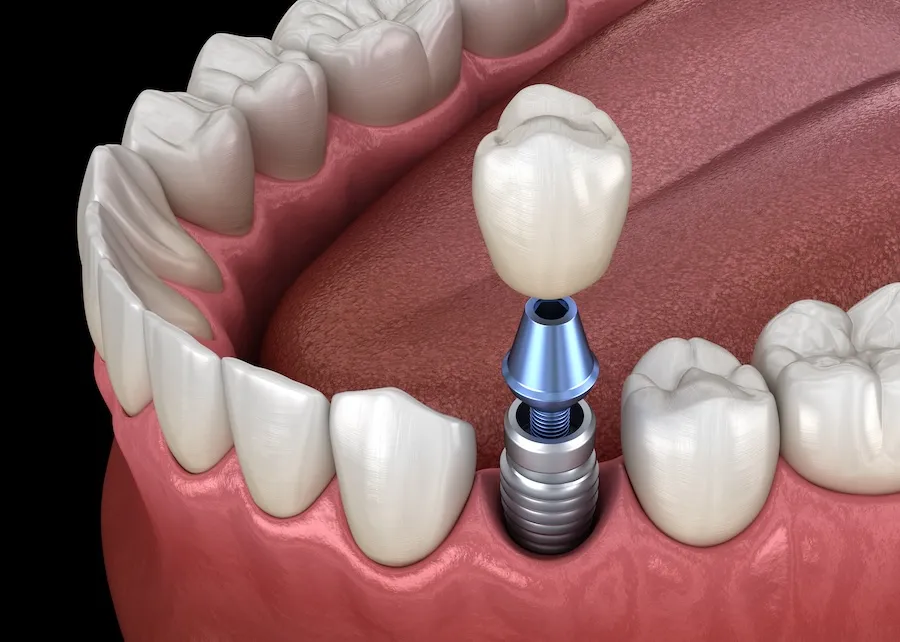Navigating Menopause What You Need to Know
Menopause marks a significant transition in a woman’s life, yet it’s often surrounded by confusion and uncertainty. This natural phase signals the end of reproductive years, typically occurring between the ages of 45 and 55. Though it’s a unique experience for every woman, gaining an understanding of what menopause involves can prepare you for the changes ahead. Below, we’ll break down key aspects to help you navigate this important stage with greater ease and confidence.
Understanding Menopause and Its Stages
Menopause is defined as the point when a woman hasn’t experienced a menstrual period for 12 consecutive months. While this is the technical definition, menopause is better understood as a process with several stages. Each stage brings unique hormonal changes and symptoms that impact life.
- Perimenopause: This stage often starts a few years before menopause. During this time, hormone levels, particularly estrogen and progesterone, begin to decline. You might notice irregular periods, sleep disturbances, or mood changes.
- Menopause: This is the milestone where menstruation ceases entirely. Hormone levels continue to decrease during this time, often accompanied by other physical changes.
- Postmenopause: This follows menopause and lasts for the rest of your life. Hormonal fluctuations stabilize, but other health issues, like bone density, may require attention.
Common Symptoms You Might Experience
Every woman experiences menopause differently, but some common symptoms may occur. While not all women will face severe discomfort, knowing what to watch for can help you manage expectations and seek help if needed.
- Hot Flashes and Night Sweats
Hot flashes, which often feel like sudden waves of heat, are one of the most recognizable symptoms. They can come on unexpectedly and last for a few seconds or several minutes. Night sweats, a similar reaction during sleep, may disrupt your rest.
- Changes in Mood and Cognitive Function
Many women report mood swings, irritability, or feelings of sadness during this time. Beyond emotions, you might notice shifts in memory or focus, often referred to as “brain fog.” These changes are normal but can feel challenging.
Lifestyle Tips to Promote Well-being
Navigating menopause doesn’t have to feel overwhelming. Making a few targeted lifestyle changes can support your overall well-being during this transition. Prioritizing balanced nutrition helps alleviate symptoms and boost energy. Incorporate nutrient-rich foods with calcium, vitamin D, and healthy fats like those found in avocados and nuts to support overall health.
Regular exercise also plays a key role. Physical activity benefits both body and mind, with strength training and weight-bearing exercises helping maintain bone health. Staying active can improve mood, reduce stress, and promote better sleep. These adjustments not only ease symptoms but also improve long-term health as you move deeper into postmenopause.
Take Control with Confidence
Menopause is a natural part of life, signaling a new chapter filled with opportunities for self-care and reflection. By understanding its stages, recognizing common symptoms, and adopting supportive lifestyle practices, you can approach this transition with assurance and clarity. If you’re seeking additional resources or personalized guidance, exploring your healthcare options, or seeking community groups that bring women together during this phase.











Post Comment